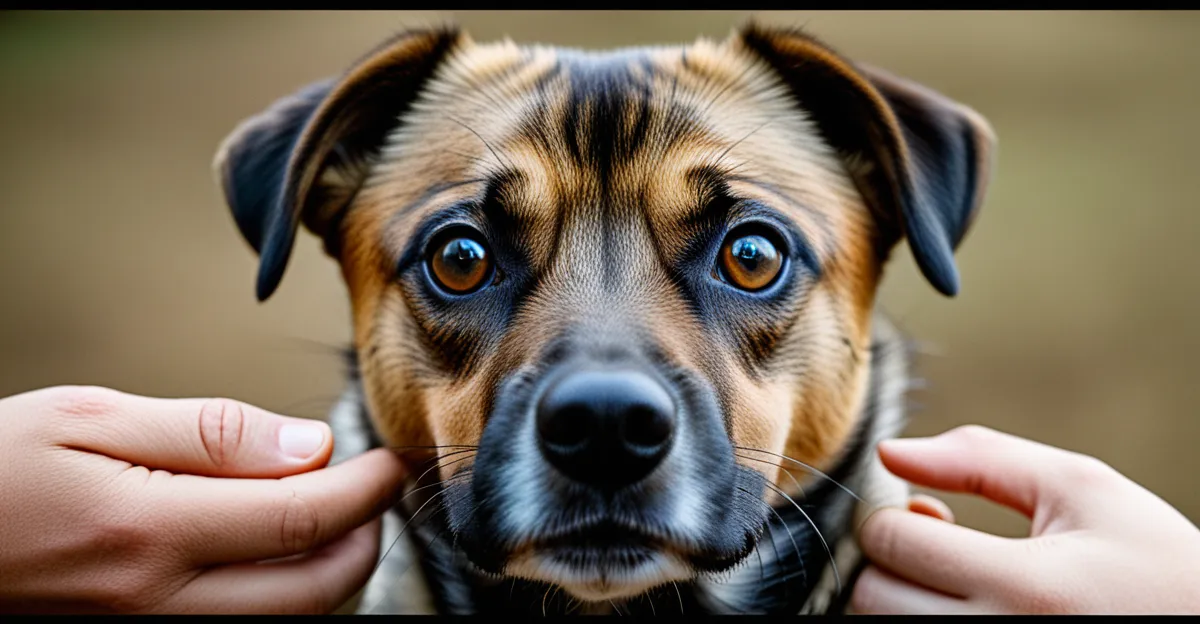Core Legal Requirements for Pet Ownership in the UK
Understanding UK pet laws is essential for responsible pet ownership and ensuring legal protection for pets. Central to these laws is the Animal Welfare Act, which establishes minimum standards of care to prevent harm and suffering. Under this act, pet owners must ensure their animals have adequate food, water, shelter, and medical attention. Failure to comply can lead to penalties or prosecution.
Licensing requirements vary by pet type. For example, dog owners must comply with specific licensing and control measures, such as walking dogs on leads in designated areas. Cats generally do not require licenses, but certain regions may have local rules. Exotic pets, including reptiles and birds, often require particular permits or adherence to species-specific legislation to ensure welfare and public safety.
Also to see : How can you ensure your pet’s safety during UK winter?
Microchipping and registration are mandatory for dogs under UK legislation. This identification protocol helps in reuniting lost pets with owners and enforcing compliance with pet ownership laws. For other pets, microchipping and registration are encouraged or required depending on local authorities. These legal protections form the backbone of responsible pet ownership and align with broader animal welfare standards in the UK.
Step-by-Step Actions for Legal Compliance
Ensuring pet registration UK compliance begins with understanding the microchipping law. In the UK, all dogs must be microchipped by eight weeks old or before sale. Owners should register the microchip details with an approved database to ensure timely identification if the dog goes missing. This process is a primary step in fulfilling pet owner responsibilities under UK pet laws.
In the same genre : How Can UK Pet Owners Reduce Their Pet’s Carbon Pawprint?
Obtaining the correct pet licensing is the next crucial action. License requirements vary: dogs often require registration through local councils, while exotic pets might need specific permits. Cat licensing is less common but still subject to local rules. Pet owners should consult relevant authorities early to avoid penalties.
Keeping thorough legal documents and records up to date is equally important. This includes microchip registration details, vaccination certificates, and licenses. Regularly reviewing and renewing licenses or registrations ensures ongoing legal compliance.
Following these steps not only satisfies UK pet laws but also advances legal protection for pets. It demonstrates proactive pet care and helps prevent potential legal issues, ensuring the welfare and security of your pet throughout their life.
Insurance and Financial Protection for UK Pets
Ensuring UK pet insurance is a pivotal part of responsible pet ownership. Pet insurance offers vital financial protection by covering unexpected costs such as illness, injury, or theft. UK pet insurance typically includes coverage for veterinary fees, third-party liability, and often loss or theft protection. This coverage safeguards owners from high expenses that might arise from accidents or chronic conditions.
Understanding the types of insurance available helps owners select suitable policies. Common options include lifetime cover, which reimburses ongoing treatment costs, and time-limited cover, ideal for acute conditions. Some policies also offer travel insurance, covering pets abroad, which is crucial for frequent travelers.
To comply with recommended pet insurance requirements, owners should thoroughly assess policy terms, limits, and exclusions before purchasing. Choosing reputable providers with strong customer service and clear claims processes enhances reliability.
Ultimately, UK pet insurance plays a dual role: reducing financial strain and reinforcing legal protection for pets by enabling access to timely medical care. Responsible owners who integrate insurance into their care routine can better manage risks, ensuring long-term wellbeing and peace of mind for their pets.
Animal Welfare Standards and Owner Responsibilities
The UK animal welfare regulations impose a clear duty of care on all pet owners. Under these standards, owners must provide proper nutrition, clean water, suitable shelter, and prompt veterinary care. This ensures pets live free from pain, injury, and suffering. Neglecting these responsibilities can lead to legal penalties, including fines and prosecution.
Preventing animal cruelty is a central aim of these laws. Owners should recognize signs of distress or illness and act swiftly to address them, promoting both physical and mental wellbeing. Consistent, attentive care is essential, not just occasional treatment.
Pet care standards also require regular health checks and vaccinations to control disease spread. For example, dogs must have routine vaccinations under guidance from veterinary authorities. Failure to comply compromises both individual pets and wider communities.
Owners are encouraged to report suspected cases of abuse or neglect to relevant authorities. These steps reinforce legal protection for pets and maintain community standards. Ultimately, embracing these responsibilities reflects a commitment to ethical pet ownership and aligns with the UK’s robust animal welfare legal framework.
Legal Protections for Different Types of Pets
Different categories of pets in the UK are subject to legal protection for pets tailored to their specific needs under UK pet laws. For dogs, legislation mandates the use of collars displaying identification tags, microchipping, and adherence to control orders, which regulate areas where dogs must be on leads or controlled to ensure public safety. Owners must comply with these dog-specific laws to fulfill their pet owner responsibilities and avoid fines or legal action.
Cats, while generally less regulated, still benefit from legal considerations such as local licensing rules in some regions and recommendations for microchipping to improve identification and recovery. The absence of universal cat licensing means owners should check local council provisions to maintain compliance.
Exotic pets in the UK, including reptiles, birds, and small mammals, face stringent regulations reflecting their unique care requirements and potential risks. Specific permits or adherence to species-specific legislation protect these animals and the public. Owning exotic pets involves understanding these laws fully to meet the legal responsibilities of care and ensure proper legal protection for pets within this category.







